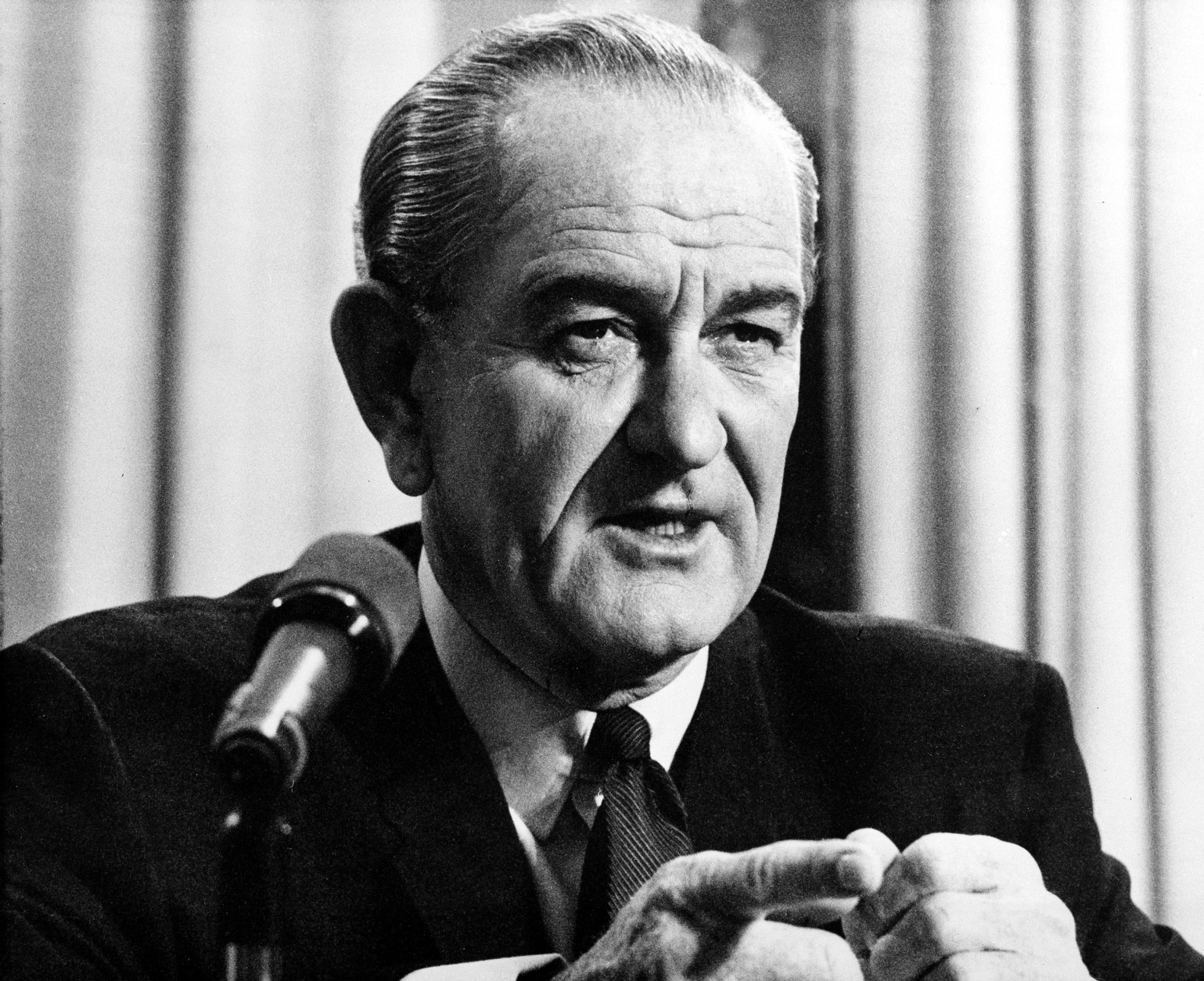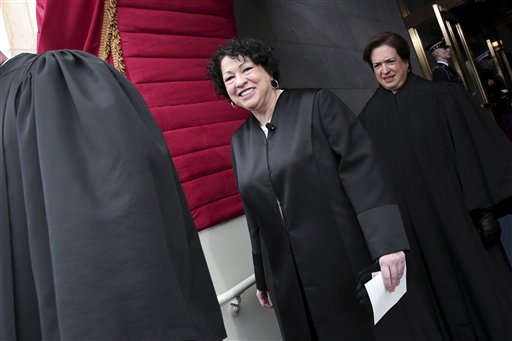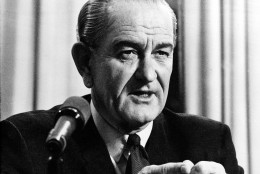









Today is Sunday, July 28, the 209th day of 2019.
Today’s Highlight in History:
On July 28, 1976, an earthquake devastated northern China, killing at least 242,000 people, according to an official estimate.
On this date:
In 1609, the English ship Sea Venture, commanded by Adm. Sir George Somers, ran ashore on Bermuda, where the passengers and crew founded a colony.
In 1794, Maximilien Robespierre, a leading figure of the French Revolution, was sent to the guillotine.
In 1914, World War I began as Austria-Hungary declared war on Serbia.
In 1915, more than 300 American sailors and Marines arrived in Haiti to restore order following the killing of Haitian President Vibrun Guillaume Sam by rebels, beginning a 19-year U.S. occupation.
In 1932, federal troops forcibly dispersed the so-called “Bonus Army” of World War I veterans who had gathered in Washington to demand payments they weren’t scheduled to receive until 1945.
In 1943, President Franklin D. Roosevelt announced the end of coffee rationing, which had limited people to one pound of coffee every five weeks since it began in Nov. 1942.
In 1945, the U.S. Senate ratified the United Nations Charter by a vote of 89-2. A U.S. Army bomber crashed into the 79th floor of New York’s Empire State Building, killing 14 people.
In 1965, President Lyndon B. Johnson announced he was increasing the number of American troops in South Vietnam from 75,000 to 125,000 “almost immediately.”
In 1984, the Los Angeles Summer Olympics opened.
In 1989, Israeli commandos abducted a pro-Iranian Shiite (SHEE’-eyet) Muslim cleric, Sheik Abdul-Karim Obeid (AHB’-dool kah-REEM’ oh-BAYD’), from his home in south Lebanon. (He was released in January 2004 as part of a prisoner swap.)
In 2006, Actor-director Mel Gibson went into an anti-Semitic tirade as he was being arrested on the Pacific Coast Highway in Malibu, California, on suspicion of driving while drunk; Gibson later apologized and was sentenced to probation and alcohol treatment.
In 2017, the Senate voted 51-49 to reject Majority Leader Mitch McConnell’s last-ditch effort to dismantle President Barack Obama’s health care overhaul with a trimmed-down bill. John McCain, who was about to begin treatments for a brain tumor, joined two other GOP senators in voting against the repeal effort. President Donald Trump announced he was appointing Homeland Security Secretary John Kelly to be his chief of staff. British baby Charlie Gard died, a week shy of his first birthday; his parents had fought for the right to take him to the United States for an experimental treatment for a rare genetic disease that left him brain-damaged.
Ten years ago: The Senate Judiciary Committee approved Judge Sonia Sotomayor to be the U.S. Supreme Court’s first Hispanic justice, over nearly solid Republican opposition. Anti-abortion activist Scott Roeder (ROH’-dur) pleaded not guilty in Wichita, Kansas, to killing late-term abortion provider George Tiller. (Roeder was later convicted of first-degree murder and sentenced to life in prison.) The Rev. Frederick J. Eikerenkoetter II, better known as “Reverend Ike,” who preached the gospel of material prosperity to millions nationwide, died in Los Angeles at age 74.
Five years ago: Prime Minister Benjamin Netanyahu told Israelis to be ready for a “prolonged” conflict with Hamas in Gaza as both sides held out for bigger gains and a cease-fire in the three-week conflict remained elusive. Theodore “Dutch” VanKirk, 93, the last surviving member of the Enola Gay crew that dropped an atomic bomb on Hiroshima, died in Stone Mountain, Georgia.
One year ago: Pope Francis accepted the resignation of U.S. Cardinal Theodore McCarrick, the emeritus archbishop of Washington, D.C., following allegations of sexual abuse, including one involving an 11-year-old boy.
Copyright © 2026 The Associated Press. All rights reserved. This material may not be published, broadcast, written or redistributed.







